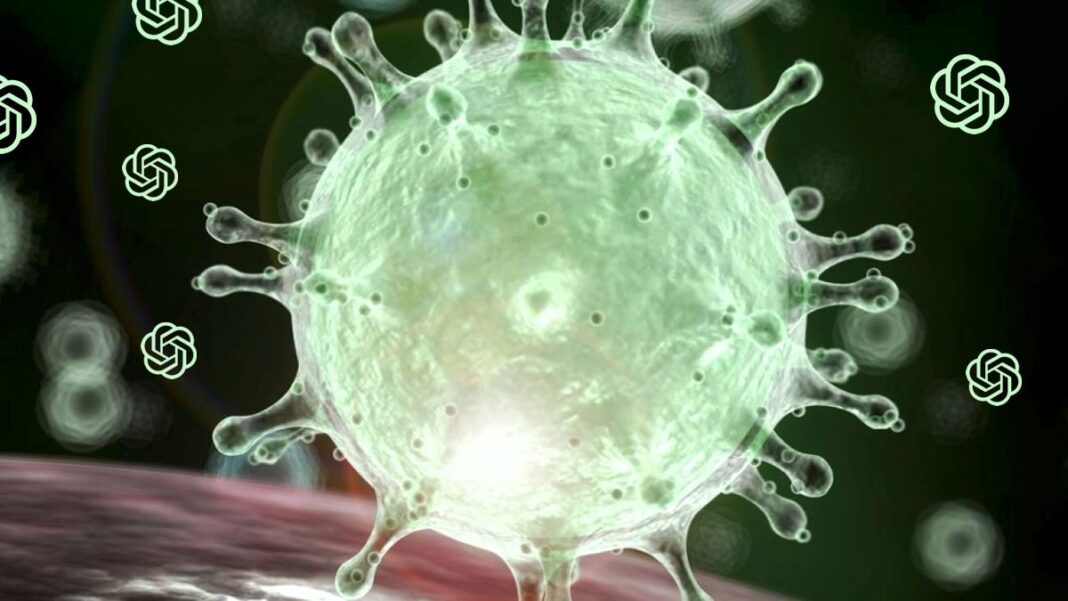People who have moderate to severe COVID-19 prior to vaccination may have increased reactogenicity to COVID-19 vaccines, according to a Canadian study.
Individuals previously infected with SARS-CoV-2 develop immunity and may be more likely to experience adverse events following COVID-19 vaccination compared to those with no history of infection, according to a study published in Clinical Infectious Diseases.
Canadian researchers conducted a large, prospective observational study to assess the short-term safety of COVID-19 vaccines in adults with a previous history of SARS-CoV-2 infection.
Study participants were sent an electronic questionnaire seven days after receiving their first, second, and third vaccine doses to assess whether adverse events experienced after vaccination prevented daily activities, attendance at work or school, or required medical care, including hospitalization.
Among 684,998 vaccinated participants included in the analysis, 369,406 received Pfizer’s COVID-19 vaccine, 201,314 received Moderna, and 113,127 received AstraZeneca’s viral vector vaccine.
There were 18,127 individuals (2.6 percent) who reported previous laboratory-confirmed COVID-19 infection two to six months before receiving their first vaccine dose.
According to the study, individuals previously infected with SARS-CoV-2 were more likely to experience an adverse event the week following vaccination—regardless of the vaccine type—that interfered with daily activities, school, and work or required emergency department visits or hospitalization.
After the second and third vaccine doses, the greater risk associated with previous SARS-CoV-2 infection was also present but was weakened compared with the first dose.
The association was lower or absent for all doses after mild or asymptomatic infection. In other words, the risk was most significant among those who experienced moderate to severe COVID-19 prior to vaccination.
In addition, mRNA COVID-19 vaccines continued to produce increased immune reactions in previously infected individuals, whereas AstraZeneca’s viral vector vaccine did not. Following Pfizer or Moderna’s booster—or third vaccine dose—researchers found that a higher proportion of previously infected participants reported adverse events that interfered with daily activities, school, or work—or that required medical intervention.
“The association is stronger after the first dose than after the second and third doses,” the authors wrote. “Providers should consider additional vaccine counseling on expected adverse effects for individuals previously infected with SARS-CoV-2 prior to vaccination,” they concluded.
“These findings are not surprising, nor should any immunologist be surprised,” public health advocate and immunologist Dr. Hooman Noorchashm told The Epoch Times. “If you vaccinate people who’ve experienced natural infection, especially recently, you’re potentially opening the door to medical complications.”






